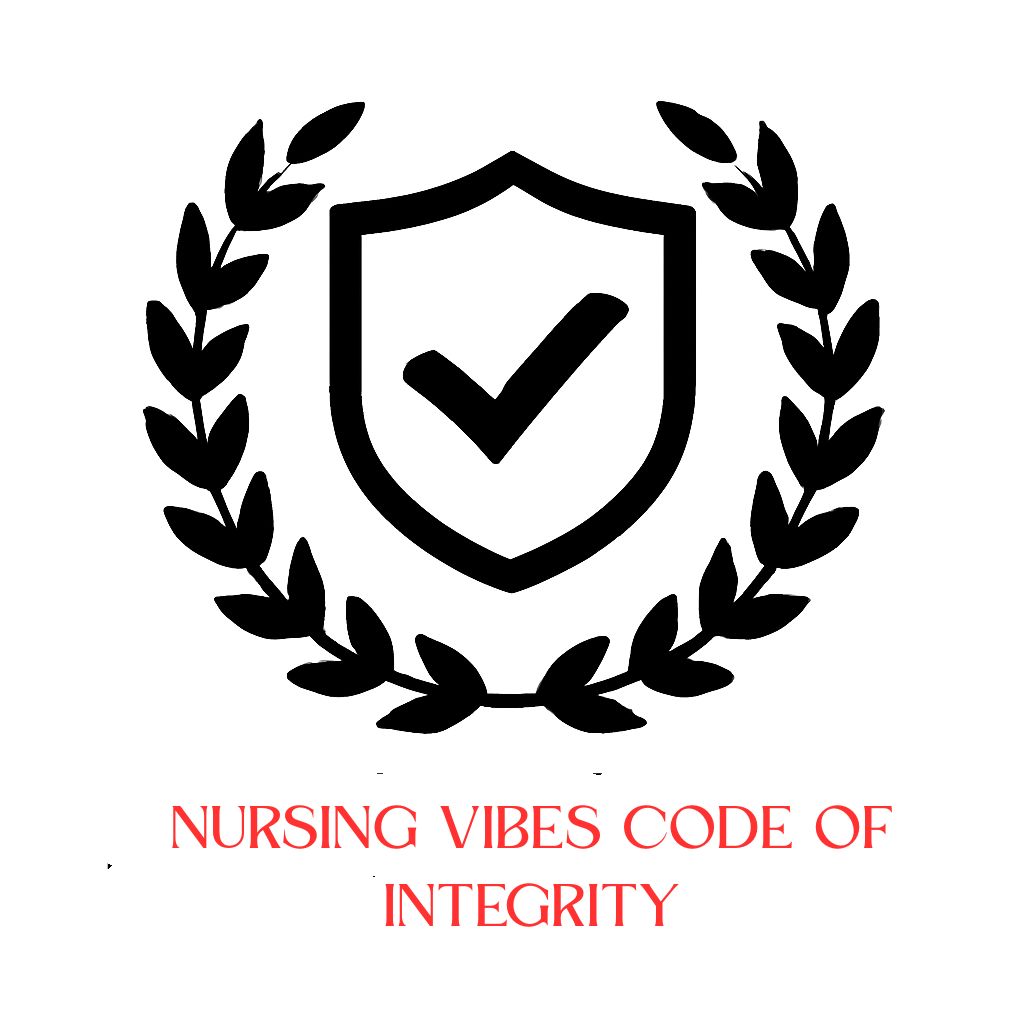
Code of Integrity for NursingVibes.com
At NursingVibes.com, we are committed to upholding the Code of Integrity for NursingVibes by promoting academic honesty and professionalism. Our platform supports nursing students and professionals by providing resources, guidance, and expert consultation.
Our Commitment to Integrity:
- Originality and Authenticity: We ensure that all content provided on NursingVibes.com is original and free from plagiarism. We encourage users to engage in independent work, drawing on our resources and expert advice to enhance their learning.
- Ethical Guidance: Our experts are here to guide and assist, not to complete assignments on behalf of users. We empower our users by providing the tools, materials, and support they need to succeed independently.
- Confidentiality and Respect: We respect the privacy of our users and the confidentiality of any information shared with us. Your personal details, academic work, and communication with our experts will always remain secure.
- Fair Use of Resources: We encourage responsible use of resources, including citing sources, referencing materials, and acknowledging external contributions. Our goal is to foster learning through ethical practices.
- Zero Tolerance for Cheating: NursingVibes.com does not condone cheating, dishonesty, or any form of academic misconduct. We discourage unethical use of our platform and encourage users to uphold integrity in their academic pursuits.
- Promoting a Learning Environment: We aim to provide a supportive and collaborative environment where users can thrive academically. We believe learning is a process of growth, and we’re here to help you reach your full potential.
By using NursingVibes.com, you agree to follow these integrity principles, promoting a positive and productive academic experience for all.
